Words That Meant Something Different Before the Internet
Here is a glossary of 35 computer words that are also words in everyday language.

Today, technology is an integral part of everybody's daily activities. There are hundreds of concepts, terms, and terminologies that mean something entirely different now than they did before the internet. During this age of computers, smartphones, and other modern-day forms of communication, one must know what those terms mean now as well as what they used to mean.
Look through the alphabetical list of words below to see what the words used to mean before the internet compared to computer terminology today.
1. Block
Block used to mean “to be placed in front of something, such as a road or path so people or things could not pass through.” Today it means "to prevent someone from contacting you or viewing your profile on a social network such as Facebook, Instagram or Twitter.
2. Bluetooth
Bluetooth used to mean "the stain that was left on your teeth after you ate blueberries." Today, Bluetooth is a short-range wireless technology standard that is used for exchanging data between devices over short distances. Bluetooth can connect up to seven devices such as smartphones, personal computers, and gaming consoles.
3. Boot

Before the internet, a boot was a noun that meant footwear you wore in the winter to keep your feet warm. Now, it is a verb that means to shut down and restart your computer to clear out your cache and cookies.
4. Bug
Before computers, we only knew bugs to be insects. Now, we know a bug can also be a failure or a flaw in a software program.
5. Byte (Bite)
These two words sound the same, but they have different meanings. A byte is the basic unit of information in computer storage and processing. A bite is the result of using your teeth to cut into food.
6. Cache
Once upon a time, cash was the money you had on hand. Pronounced the same, cache is "a group of things that are hidden on your computer."
7. Catfish
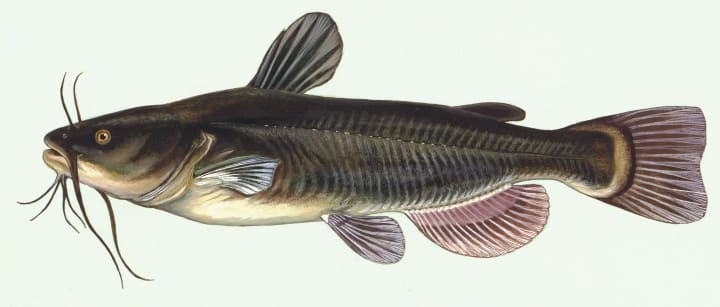
Fishermen know a catfish is “a fish with whiskers around the mouth.” Now we are aware that a catfish is “a person who sets up a false personal profile on a social networking site for fraudulent or deceptive purposes.”
8. Chat
A chat is a short informal discussion between two or more people in person. A chat is a conversation that takes place online in a chat room with a group of people.
9. Cloud

People don't have to rely on meteorologists to tell them that a cloud is “a visible mass of particles of condensed vapor suspended in the atmosphere.” In computer terms, a cloud is a place to store and access data and programs over the internet instead of your computer's hard drive.
10. Cookies

Cookies are small replicas of cakes that are flat and sweet. There are made with the same ingredients: flour, sugar, eggs, and butter. Computer cookies are not to be eaten. They are text files with small pieces of data, such as a username and password, that are sent by the website you are using. Cookies are stored on the web browser of your device to track and collect data from your browser, sending that data back to the website owner.
11. Desktop
A computer desktop is the working area of a computer screen that shows icons that represent what you have on your computer, such as files, documents, and a wastebasket. The top of the desk in your office will not show the same things. For instance, you wouldn't have your wastebasket on your wooden desktop.
12. Footprint

Footprints are tracks or marks left by a foot or shoe as a person walks. Footprints show up in sand, mud, and dirt. In computer language, a footprint is “a unique set of characteristics or actions that leave a trace and serve as a means of identification.”
13. Follow
Once upon a time, to follow someone meant “to go after or walk behind someone in an effort to pursue or overtake.” As far as the internet is concerned, to follow means "to subscribe to someone’s updates on social media."
14. Friend
A friend is “one attached to another by affection having similar interests.” On the internet, a friend is a person added to your social media account as one of your contacts. Friends online might not have met in person.
15. Meme
A meme was once limited to “an idea, behavior, style, or usage that spreads from person to person within a culture.” Now it is defined as “a cultural item in the form of an image, video, phrase, etc., that is spread via the internet and often altered in a creative or humorous way.”
16. Motherboard
When parents used to spank their children, a motherboard was the paddle that the female parent used. Today, a motherboard is "a printed circuit board containing the principal components of a computer with connectors into which other circuit boards can be slotted."
17. Memory
Memory is the result of the mind storing and remembering information. Computer memory refers to "the components within your computer that allow for short-term data access."
18. Mouse
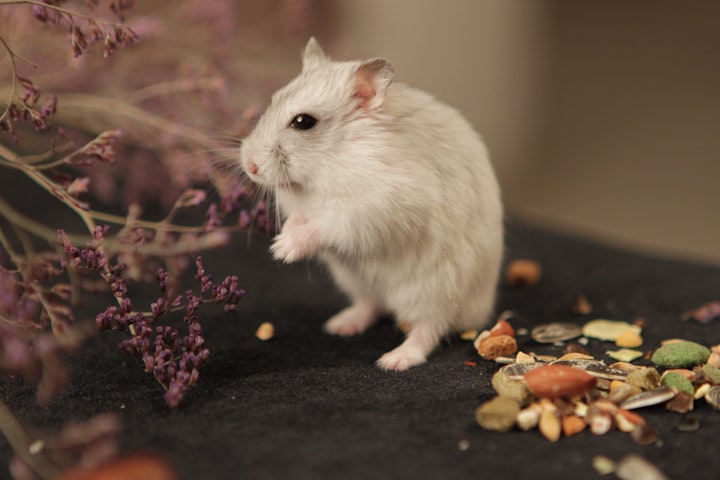
A mouse is "a small rodent with a pointed snout, relatively large ears and eyes, and a long tail. It is what makes adults jump up on chairs when they see one in their house." A mouse is also "a small handheld device that controls a computer screen's cursor and pointer." The computer mouse gets its name because of its shape that looks like a real mouse.
19. Net
A net is what fishermen use to catch fish. Nets are made from fibers woven in a grid-like structure. Women wear nets to cover their hair, especially when serving food. In the computer world, "net" is the shortened word for "internet."
20. Online
People who grew up in the country used to hang their clothes "on line" to dry. Most of those people have dryers and don't need to do that today. However, "online" indicates a computer has been connected to the internet. "Offline" means a computer has been disconnected from the internet.
21. Ram
If you ask a farmer what ram is, he will tell you it is a male sheep. A Ram is also a full-size pickup truck. In computer language, "RAM is an acronym that stands for "random-access memory." That simply means a computer's RAM is short-term memory where data is stored.
22. Spam
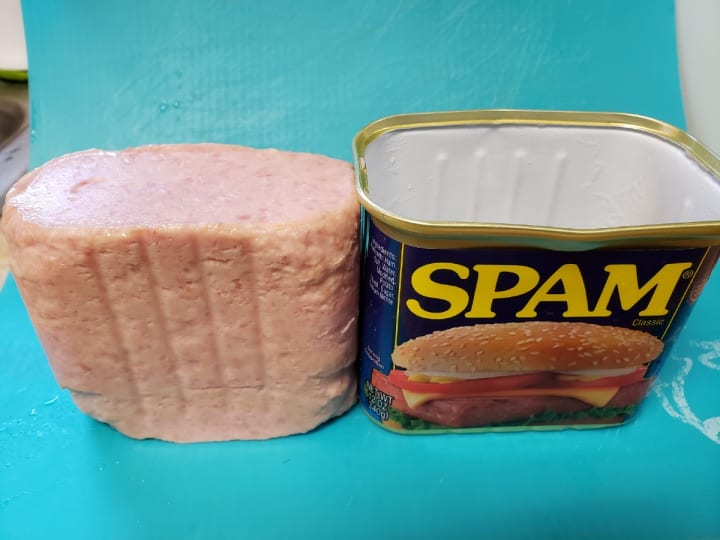
Spam is "a canned pork meat product made mostly from ham." Spam on the internet is "digital junk mail. It is communications sent in bulk over the internet to people who didn't request it."
23. Swipe
A swipe is “a criticism or insult that is directed toward a particular person or group. " To swipe on a computer is “to move the fingers across a touchscreen.”
24. Tablet
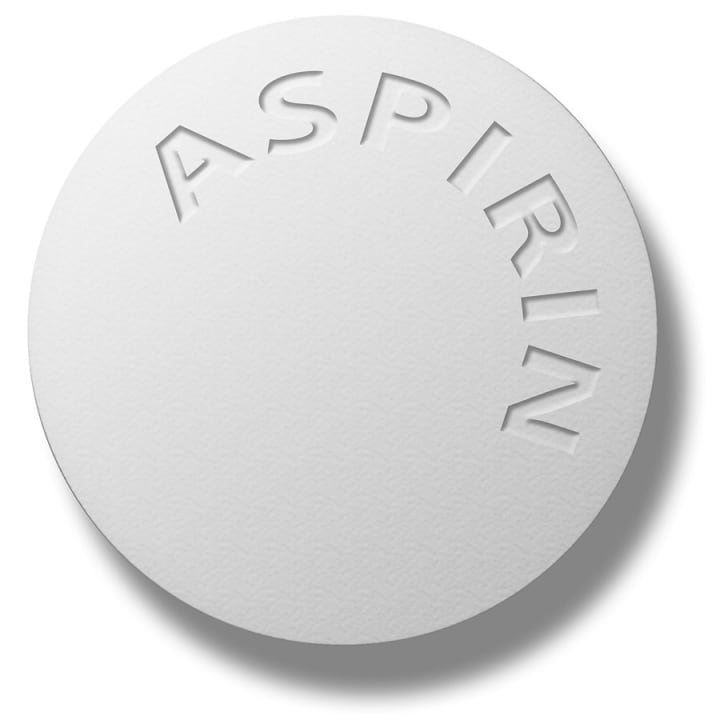
An individual pill is called a "tablet." A tablet also is "a mobile computing device that is used for accessing the internet, watching videos, playing games, reading electronic books, and connecting with others."
25. Tag
A tag is "a label with information such as size and price that is attached to a product." According to technology, a tag is "a link to someone's profile in a social media post."
26. Text
Most people grew up knowing that a text is “a book or other piece of writing." Now the word means “to send a short message on a smartphone.”
27. Thread
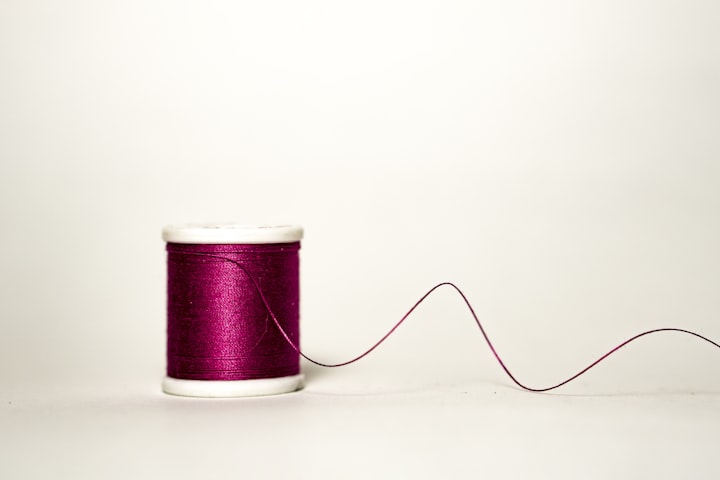
Over the years, a piece of thread has been known to be "a long, thin strand of cotton, nylon, or other fibers used in sewing or weaving to hold fabrics together." In social media, a thread is "a series of electronic messages on a message board or social media website that follows a single topic or in response to a single message."
28. Trojan
A Trojan used to be a resident of the ancient city of Troy, such as Helen of Troy. Trojan, as it relates to computers, is "a type of malware that is disguised as legitimate software. Once activated, Trojan can enable cyber-criminals to spy on you, steal your sensitive data, and enter through the backdoor to everything on your computer."
29. Troll
Don't think that a troll is only “a dwarf or giant in Scandinavian folklore who inhabits caves or hills.” A troll is now “a person who sows discord on the internet by starting arguments or upsetting people.”
30. Tweet
If you know anything about birds, you know they tweet by making “a chirping noise." In computer language, a tweet is “a short message posted on Twitter with a 280-character limit.”
31. Unplug
You can unplug a lamp, television, blender, toaster, or another appliance by disconnecting them from an electrical source. You unplug from digital or electronic devices for a period of time by stop using them.
32. Virus
When people have a virus, they are sick with an infection. A computer virus is "a program that replicates itself onto your computer programs and inserts its own code." Your computer becomes infected with the virus and circulates quickly to other people's computers.
33. Web
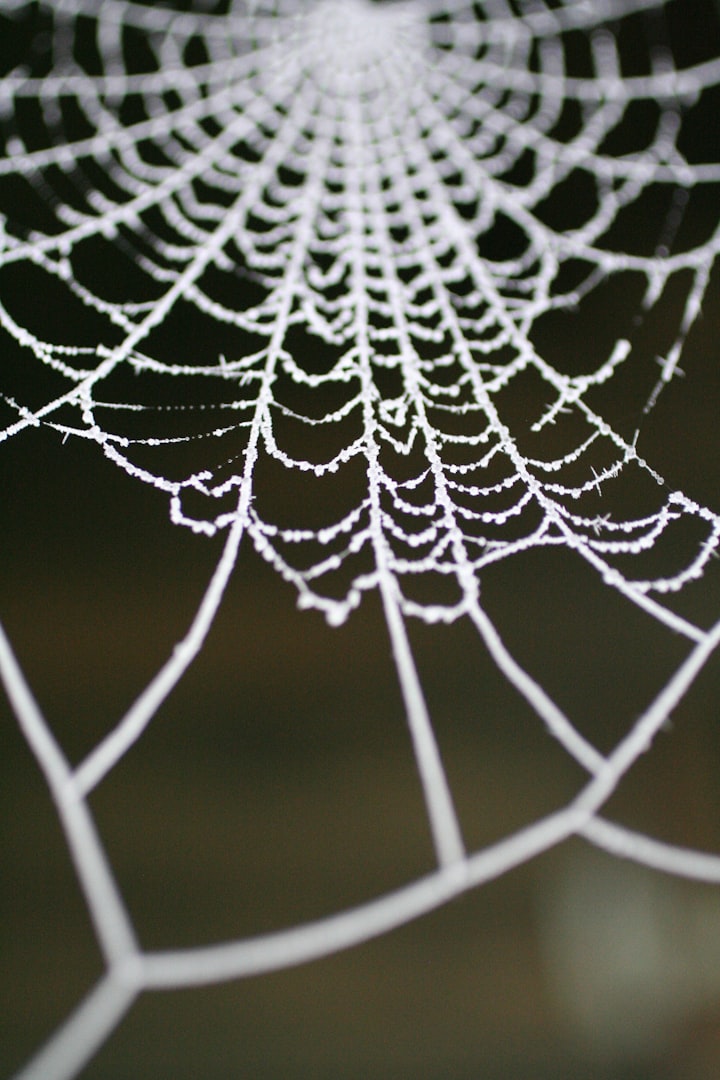
Spiders spin webs to catch their food. When a fly or other insects go into a spider's web, they get stuck on the sticky threads and are eaten. Another web is the World Wide Web, commonly known as the Web. It is "an information system where documents are on the internet and are connected to other documents by hypertext links."
34. Worm
Fishermen have always used worms as bait to catch fish. Like Trojan, a worm virus refers to "a malicious program that automatically replicates itself and spread through computers."
35. Zoom
Zoom still refers to using the long shot of a camera for taking pictures from a distance. Today, zoom is "a video teleconferencing software program." The free plan allows up to 100 concurrent participants with a 40-minute time restriction. Users can choose to upgrade by subscribing to a paid plan for more participants and a longer time period.
About the Creator
Margaret Minnicks
Margaret Minnicks shares articles with readers all over the world. Topics include celebrities, royal family, movies, television, foods, drinks, health issues, and other interesting things. Thanks in advance for TIPS that are sent my way.






Comments
There are no comments for this story
Be the first to respond and start the conversation.